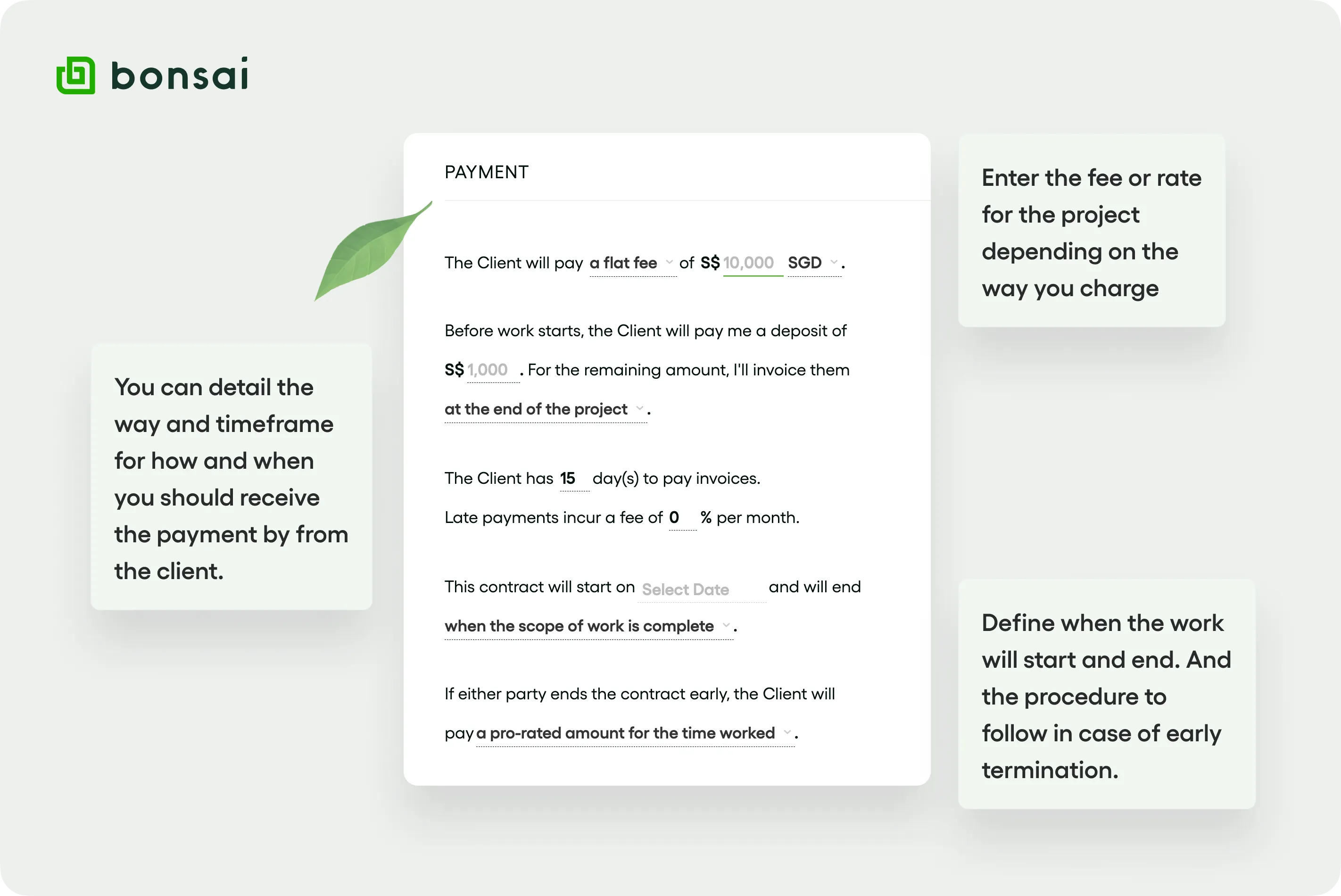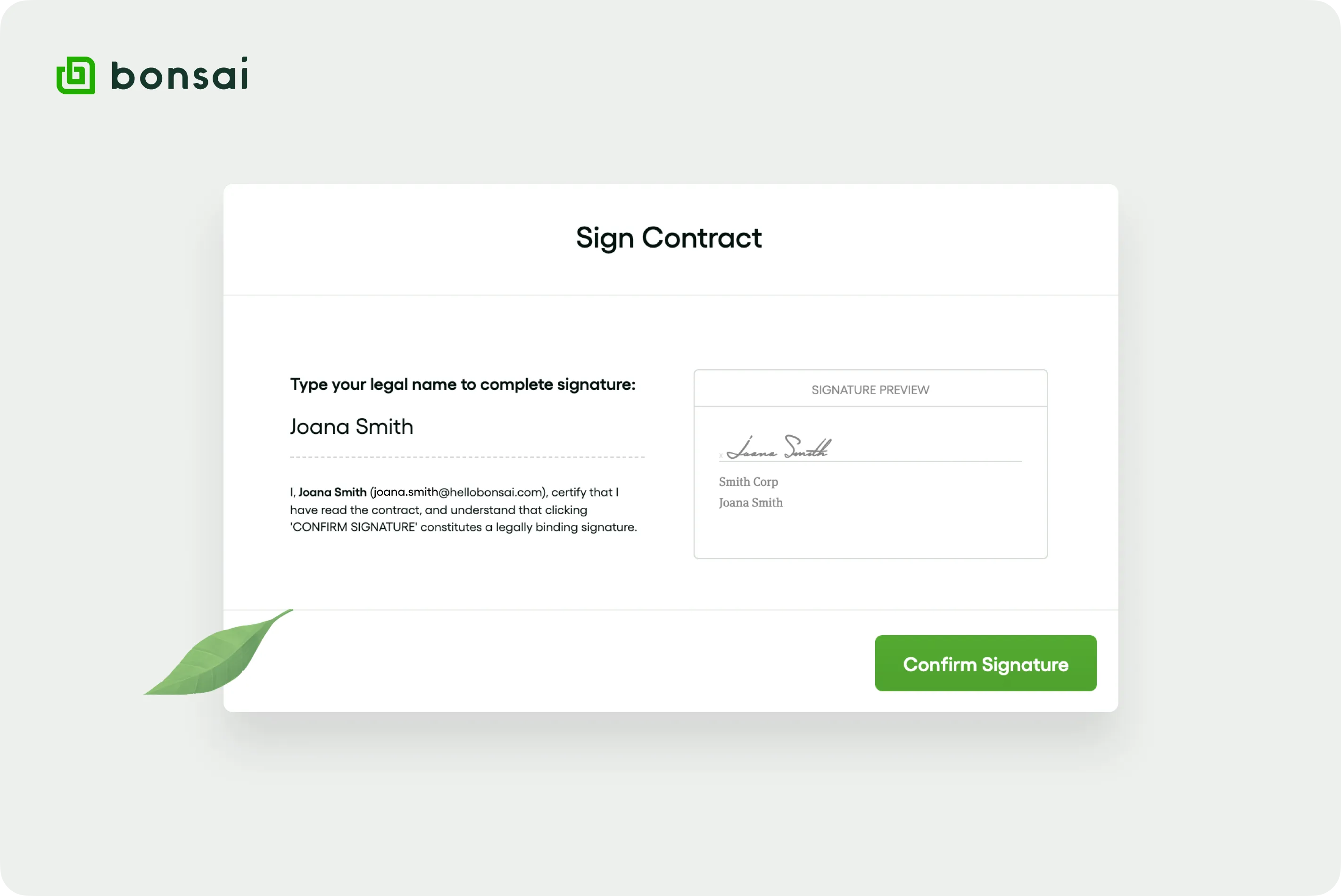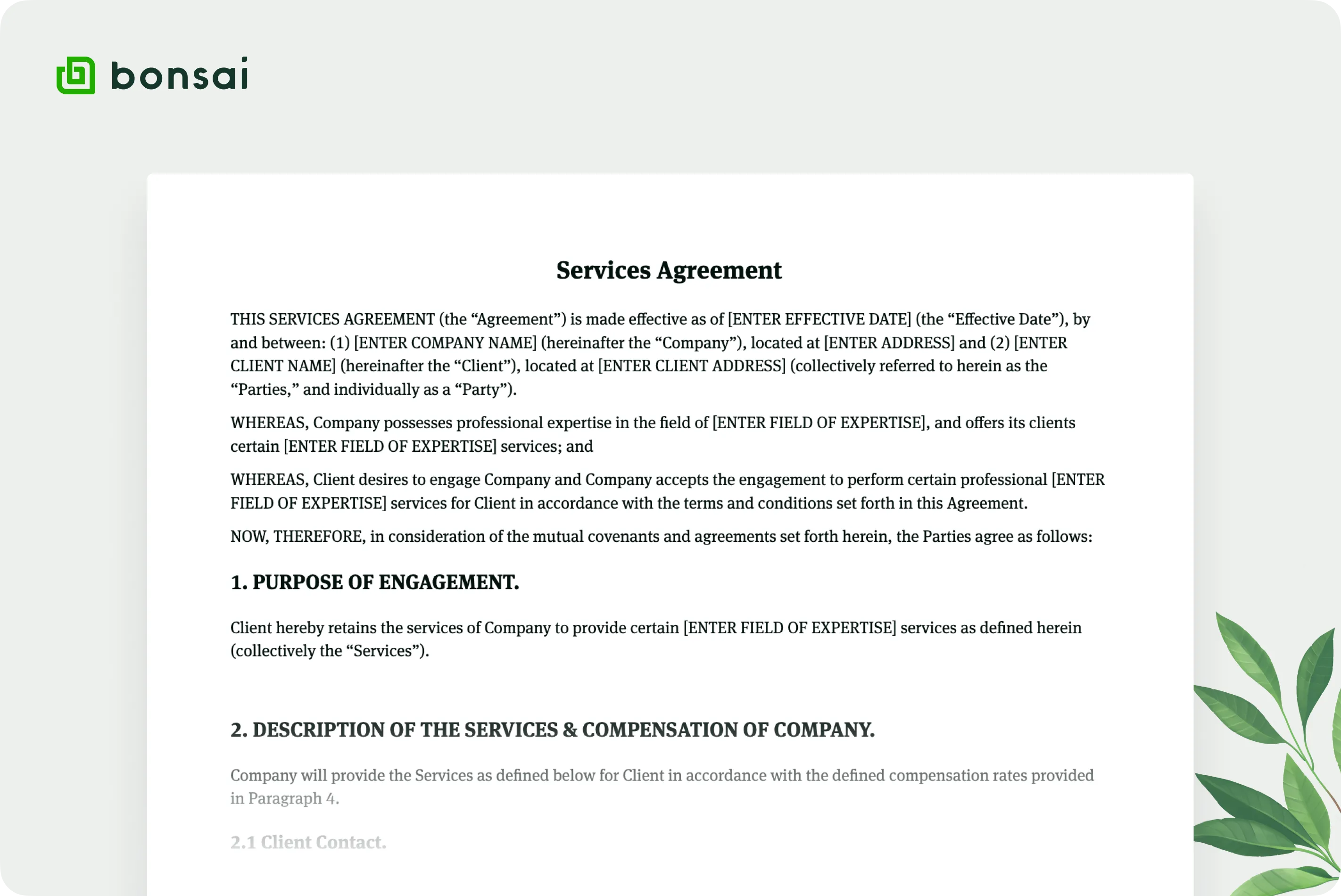Picture this: You've just put your heart and soul into an extensive project, delivering it to the client's satisfaction. The payment lands in your bank account, and you breathe a sigh of relief.
But then, you receive a notification — your client has initiated a 'chargeback.' Your heart sinks. Suddenly, the hard-earned money you thought was securely in your account might be slipping away.
Sound familiar? You're not alone. As freelancers, we enjoy the freedom and flexibility we get while working. But let's accept that dealing with financial issues like chargebacks is a real stressor. So, can we avoid chargebacks? Of course! Let's delve into the specifics of what are chargebacks, how they differ from refunds, and how you can avoid this situation.
What are chargebacks?
A chargeback is a transaction reversal initiated by the client's bank at the client's request. It was initially introduced as a consumer protection measure against fraudulent transactions. However, it has evolved into a method clients use when they are unhappy with a purchase or claim they didn't authorize it.
Chargeback vs. refund: What's the difference?
Chargebacks and refunds both involve a payment reversal, but they occur in fundamentally different ways.
The chargeback is a complex process triggered by your client through their bank, which can negatively affect you as a freelancer if it is decided in your client's favour.
A refund is a straightforward transaction initiated by you (the freelancer), where you return the client's money. It typically occurs when your client is dissatisfied with the work provided.
How does a chargeback work?
When your client disputes a charge and files for a chargeback, their bank initiates an inquiry. You get notified and have an opportunity to contest the chargeback by providing evidence like contracts, communication records, and proof of work.
The bank then reviews all the submitted information and your client's claim before making a decision.
"Do I have to pay back chargebacks?" you ask. Yes, indeed. If the chargeback is approved, the funds are returned to your client, and you are often hit with a chargeback fee.
Moreover, too many chargebacks can harm your reputation, and lead to higher processing fees and even the closure of your account. This can threaten the viability of your freelance business.
What causes chargebacks?
So, why do chargebacks happen? One of the most common causes of chargebacks in the freelance world is the lack of clear contracts or scope of work. When agreements are verbal or vaguely written, they leave room for misunderstandings. This lack of clarity can result in a client disputing a charge because they feel that the work delivered by you didn't meet the agreed-upon standards.
Without a detailed, signed agreement in place, the door is left open for disagreements that can escalate into chargebacks.
Legally vetted templates: A prevention to chargebacks
A comprehensive, clear, and legally vetted contract template can significantly reduce the risk of chargebacks by providing a layer of protection for you. It outlines clear expectations and agreed-upon action in case of dissatisfaction or disagreements.
Many banks and credit card companies view a signed contract as a piece of strong evidence when resolving chargeback disputes, so it can become a strong defence in any such situation.
Below are the essentials of a robust, anti-chargeback contract:
- Detailed description of services
Clearly outline the scope of your work, specifying what services you'll provide. The more detailed, the better. Also, mention what's NOT included or what you will not provide (but they might assume you'll).

- Payment terms
Clearly state your payment terms, including the amount, payment date, payment method, and any penalties for late payment.
- Content copyright
Mention when & who'll get the right to the deliverables or the submitted content. For example, if you mention 'copyright transfers to the client only upon 100% payment', even if the client files a chargeback, your content/deliverables cannot be used by them.
- Dispute resolution
Include a clause detailing how any potential disputes will be handled. This can help to prevent chargebacks by offering an alternative resolution method to the client.

- Signatures
A contract isn't complete until signed, or e-signed, and an unsigned contract is far less potent than a defensce during a chargeback dispute. Ensure both parties sign the contract after acknowledging and validating its terms.
Other ways to prevent chargebacks
Apart from clearly defining the scope of work and using a legally-vetted contract, here's what will help you avoid chargebacks.
- Do background research
Before you start working with a prospect, conduct background research to determine whether they are genuine. Look for the reviews for their brand or themselves on Google & social media platforms.
Another way to go about this is to ask them to get on a Skype or Zoom call to learn more about them. This step usually eliminates scammers from the pipeline.
- Keep up to the promised quantity + quality
It's not just about them but you and your services that decide whether they'll file a chargeback. So, submit all the promised deliverables and give your 100% to keep up to their satisfaction.
- Submit the work on time
Your client might not entertain a delay in submission and file a chargeback for it. And, of course, it's unprofessional on your part to submit the work post the promised deadline.
So, work with limited clients and start working on a project only if you know you'll deliver it on time.
- Communicate well
If you experience an emergency or things go south, gently communicate the same to your client; they might understand and allow you some flexibility.
Even in general, communicate with your client respectfully and on time. If you have a good relationship with them, the chances of them filing a chargeback are significantly low.

Conclusion
Chargebacks can be a challenge for you as a freelancer, but understanding how they work and how to prevent them can keep you away from them. Remember, an ounce of prevention is worth a pound of cure. Invest in a professionally vetted contract template like ours to help protect yourself from the hassle and potential financial loss of chargebacks.
Equip yourself with the right knowledge and Bonsai contract template to navigate these potential challenges, and let your skills shine. After all, you didn't get into freelancing to stress about financial issues, but instead, to deliver high-quality work to your clients.







